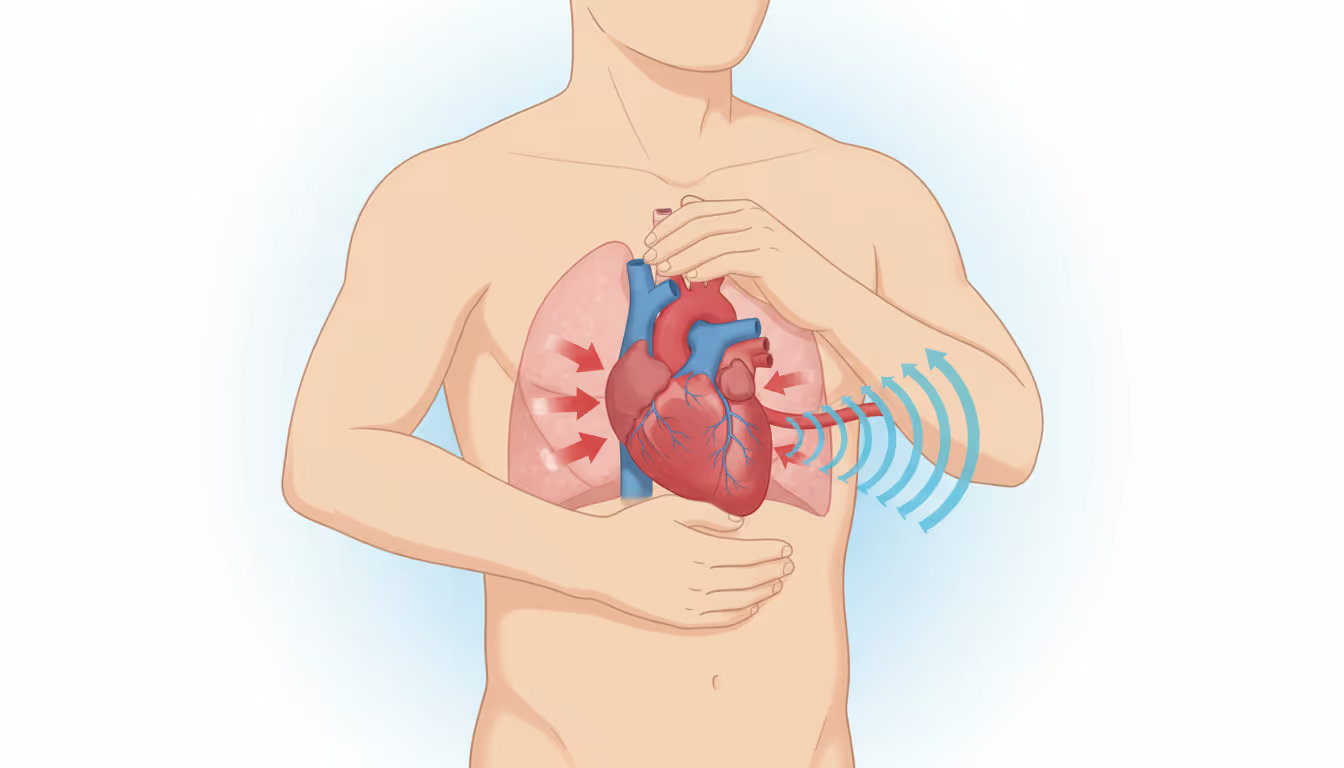
Systole refers to the phase when the heart muscles are actively contracting, particularly focusing on the contraction of the left ventricle. The last letter in "systole" is pronounced like the long "e" in "lee." When describing something related to systole, the adjective used is "systolic." The term "systolic pressure" identifies the peak arterial pressure when the left ventricle contracts. In a typical blood pressure reading, the systolic pressure is the first number noted. For example, in a reading of 120/80 (spoken as "120 over 80"), the systolic pressure is 120, indicating 120 millimeters of mercury (mmHg). A systolic murmur is a sound heard during systole, the heart's contraction phase, occurring between the first and second normal heart sounds. The word "systole" is derived directly from the Greek "systole," meaning "a drawing together or a contraction," and has been used since the 16th century to describe the heart's contraction process.




